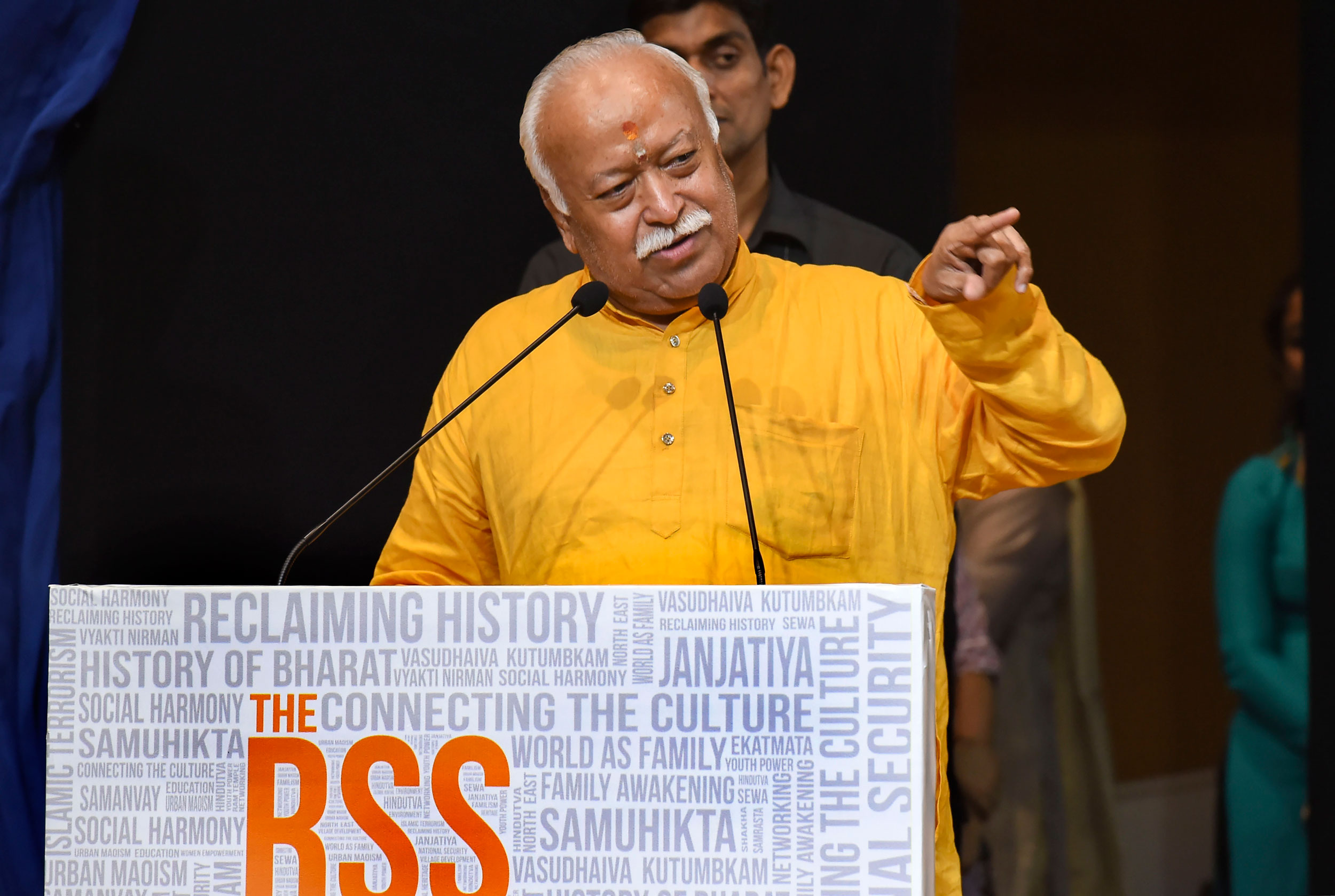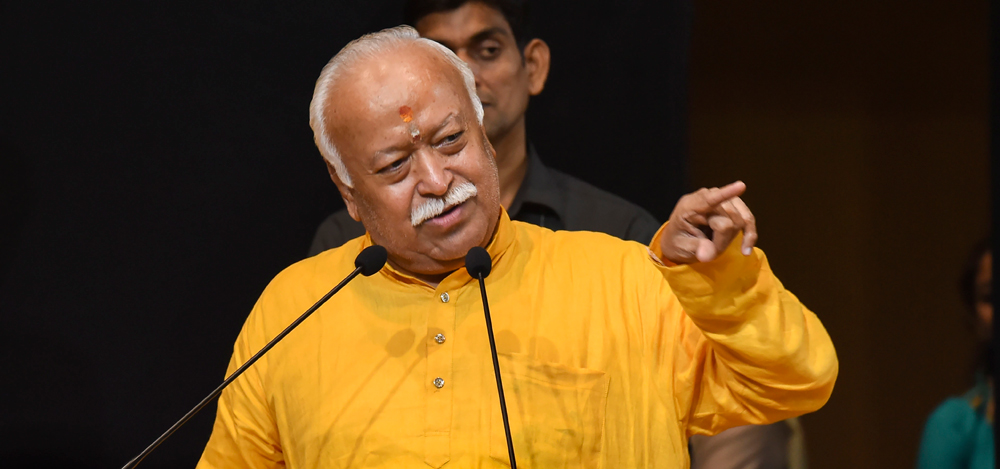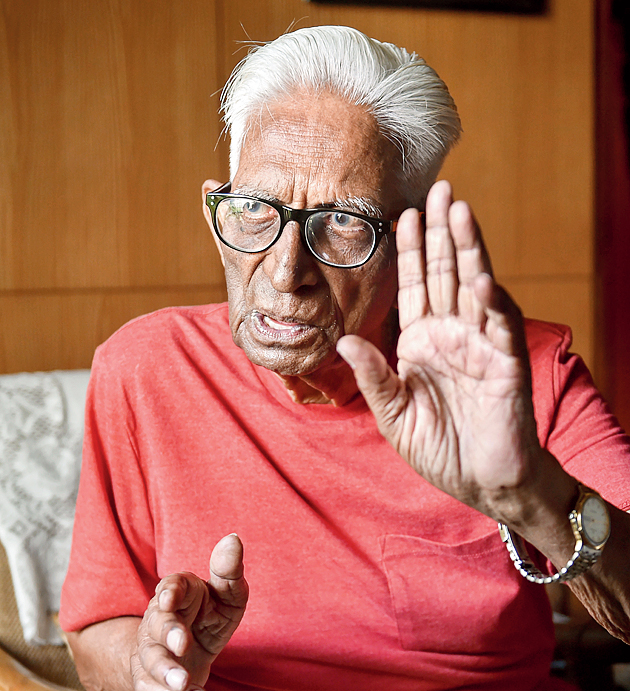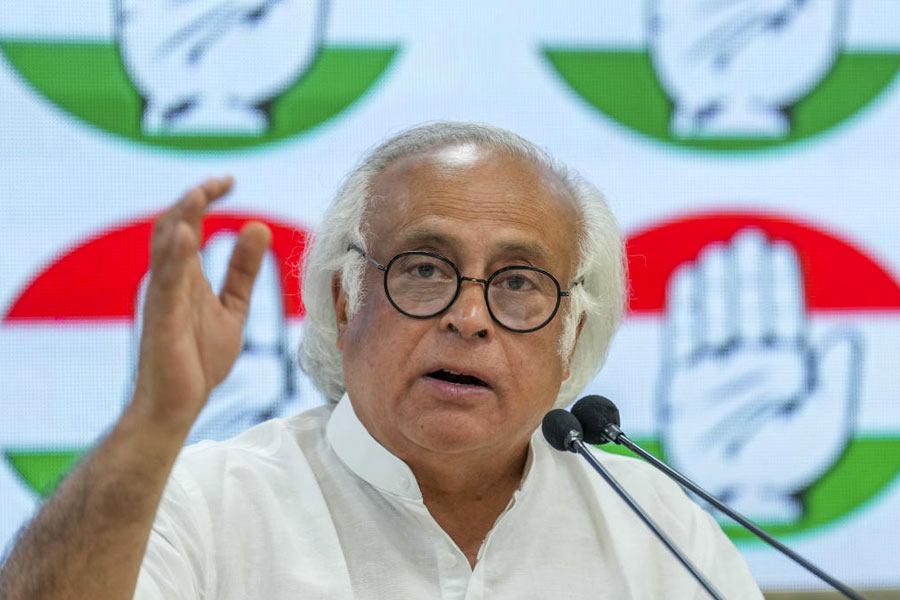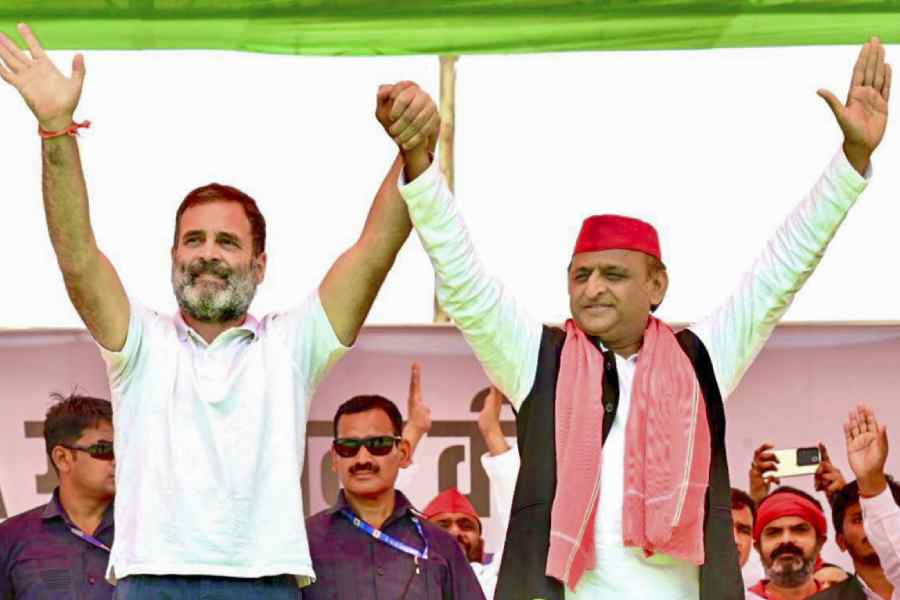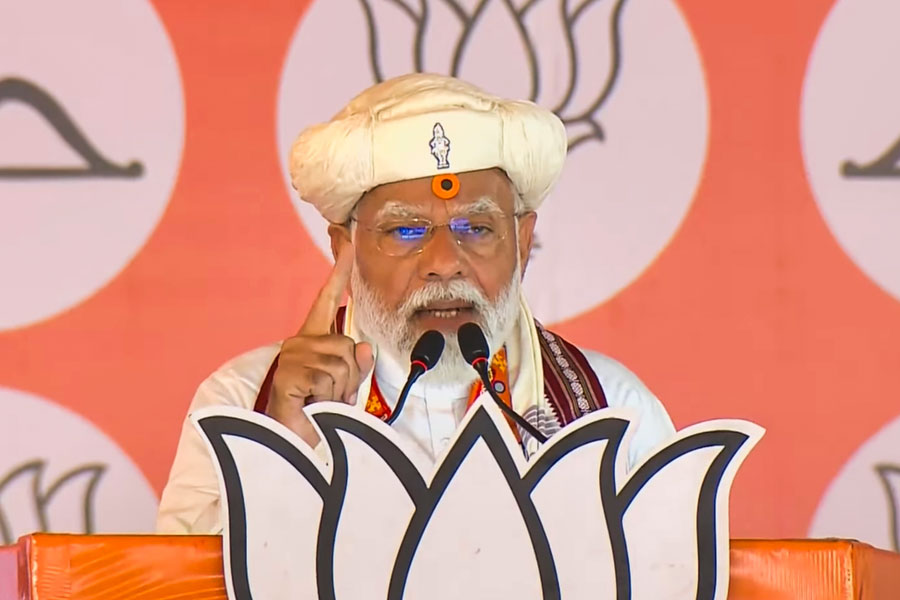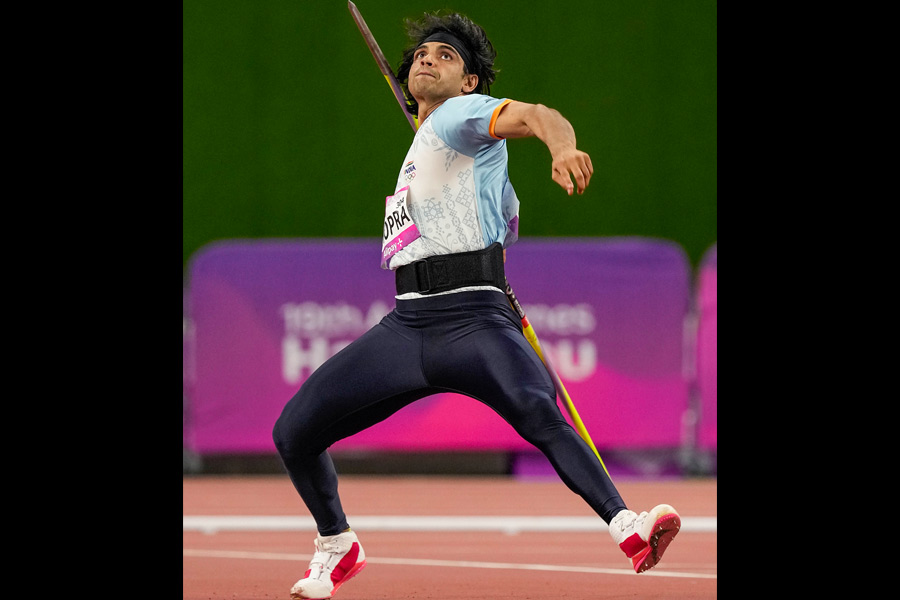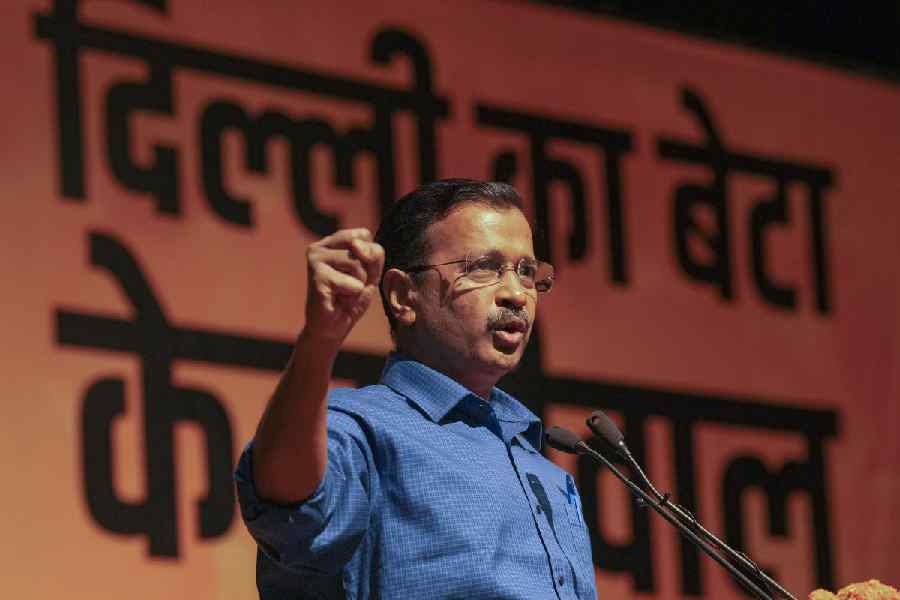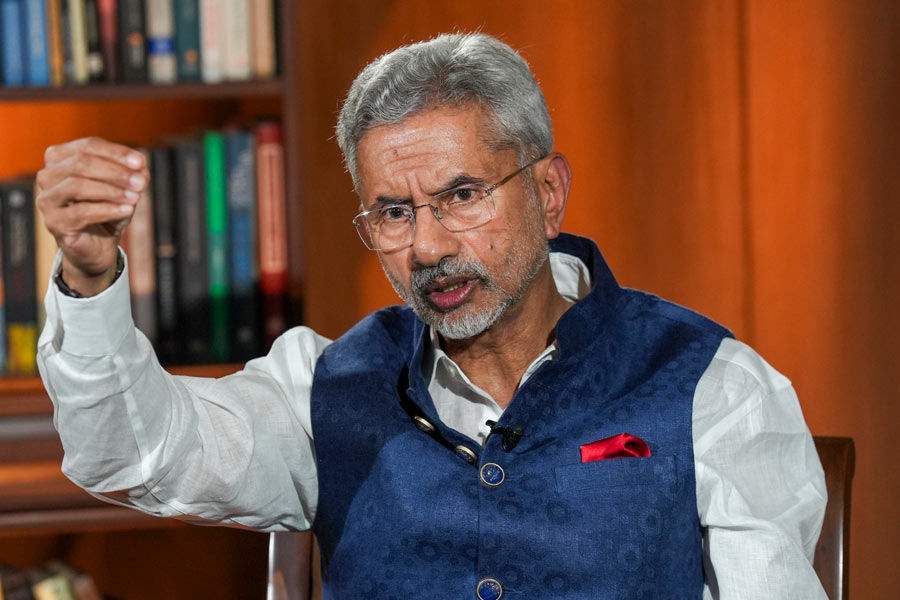Facts of life are not necessarily irreversible. Neither are they irrefutable. The chief of the Rashtriya Swayamsevak Sangh, Mohan Bhagwat, has said that India is a Hindu rashtra. This ‘fact of life’, Mr Bhagwat is certain, is immune to change unlike everything else. Ironically, Mr Bhagwat insisted on the non-negotiability of this problematic idea while assuring his audience and, presumably, the nation that the RSS — an adamant proponent of Hindu rashtra — is an inherently flexible organization.
The RSS’s dogmatism is the least of the problems in this context. India’s founding fathers had envisioned the newly emerging nation as an amalgamation of different faiths. Their emphasis on this aspect of assimilation was not based on whim. Even before India’s emergence as a nation state, the world was familiar with the Indian philosophical tradition, which reiterated the spirit of accommodation. India’s independence also coincided with a global movement against the tyrannical excesses committed by totalitarian regimes around the world. It is this enduring commitment to a pluralist ethic that influenced the Congress’s initial, comprehensive rejection of the two-nation theory, whose pursuit ultimately ended in the creation of a nation, next door to India, that is effectively a theocracy. The Constitution, the bible of Indian democracy, has accorded pluralism its pride of place. But there is legitimate concern that constitutional guarantees, especially those pertaining to specific faiths, have been weakened under the watch of the Bharatiya Janata Party and of public servants who admire Nathuram Godse. The periodic equation of India with a Hindu rashtra, the targeted violence perpetrated against minorities, and the citizenship bill — a markedly exclusionary legislation being championed by the BJP — are manifestations of India’s steady transformation into a majoritarian republic. Mr Bhagwat’s opposition to Pakistan is well documented. But he seems to be also speaking against the idea of inclusion championed by the prime minister recently. Ironically, Muslim Pakistan and Hindu India are both unequivocal endorsements of the kind of sectarianism that is inimical to the framework of a pluralist democracy.

